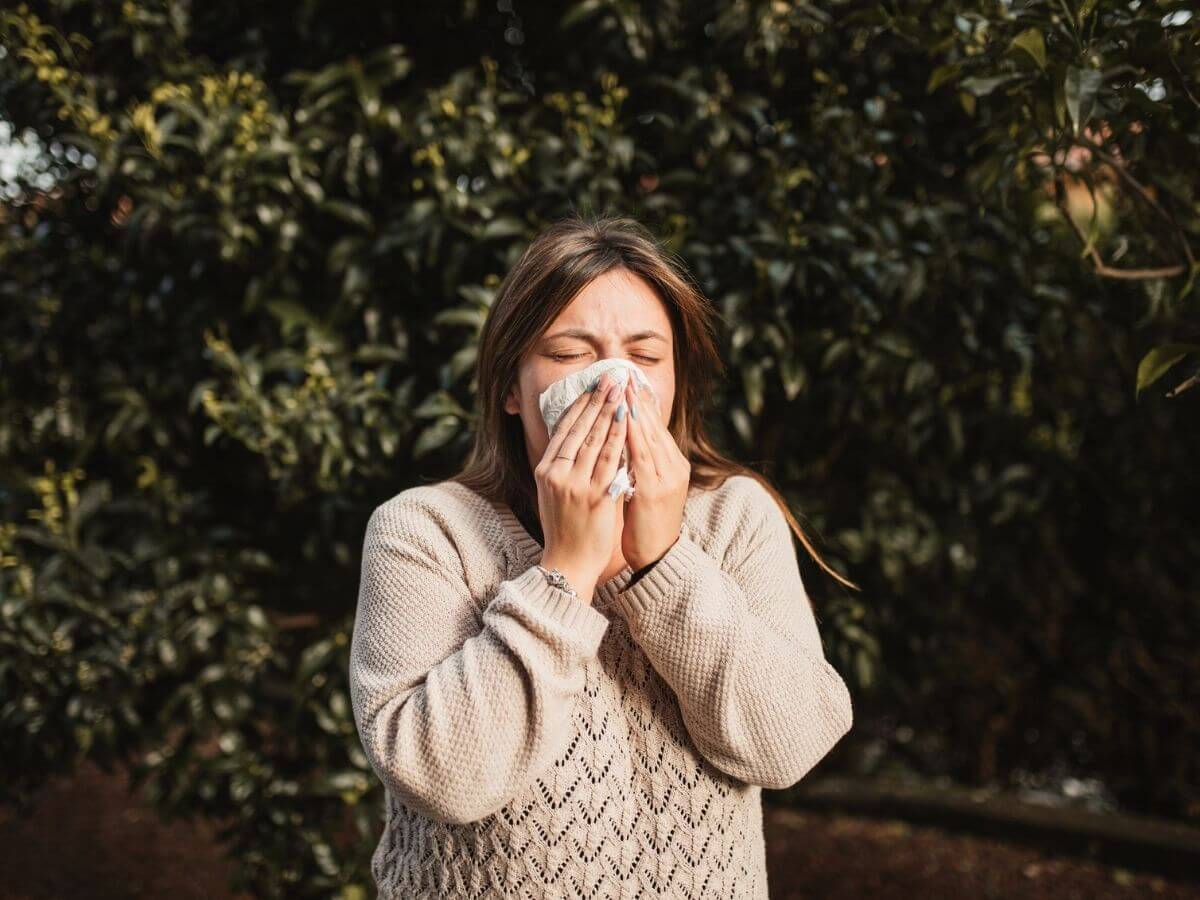Can Drinking Coffee Lead to an Allergic Reaction?

Coffee allergies are rare, but it’s possible to have a coffee intolerance or sensitivity, which can produce some of the same reactions. If you use cream, sugar, cocoa, or other ingredients in your coffee, any reactions you experience after drinking coffee could be a reaction to those ingredients.
What Is Caffeine?
Caffeine is a natural stimulant that affects the brain and central nervous system and can be found in a variety of plants including coffee, tea leaves and cacao pods. For most people, it’s safe to consume up to 400mg of caffeine daily, which is equivalent to roughly four cups of coffee.
Caffeine Intolerance Symptoms
If you experience an extreme adrenaline rush after drinking just a few sips of coffee, you may have caffeine intolerance. People with caffeine intolerance metabolize caffeine more slowly, so the symptoms may last for a couple of hours. Symptoms of coffee intolerance include:
- Racing heartbeat
- Headache
- Jitters
- Nervousness or anxiousness
- Restlessness
- Insomnia
Symptoms caused by an intolerance to coffee will usually go away once you stop drinking coffee.
Caffeine Allergy Symptoms
For those with a caffeine allergy, symptoms usually occur within the first hour after it’s been ingested. These symptoms can affect many areas of the body and can get worse over time. These allergic reactions include:
- Skin rashes, such as hives or red blotches
- Swelling of the throat and tongue
- Itchy skin
- Difficulty breathing and in severe instances, anaphylaxis, which can be life-threatening
While extremely rare, some people may experience a severe allergic reaction to caffeine called anaphylactic shock. The symptoms of anaphylactic shock can include:
- Severe facial swelling, including eyes, lips and tongue
- Difficulty breathing brought on by swelling
- Trouble speaking
- Wheezing
- Coughing
- Nausea, abdominal pain or vomiting
- Rapid heartbeat
- Dizziness
Do I Have a Caffeine or Coffee Intolerance?
If you experience any of the symptoms described above, stop drinking coffee and consuming any products that may contain caffeine, including some medications and supplements. You should also discuss your symptoms with your doctor, who may recommend a caffeine intolerance test.
Learn More About Caffeine Allergy and Intolerance From Baptist Health
If you think you’re developing or dealing with an allergy or intolerance to coffee or caffeine, start seeking help today by seeing your Baptist Health physician or finding a provider.



